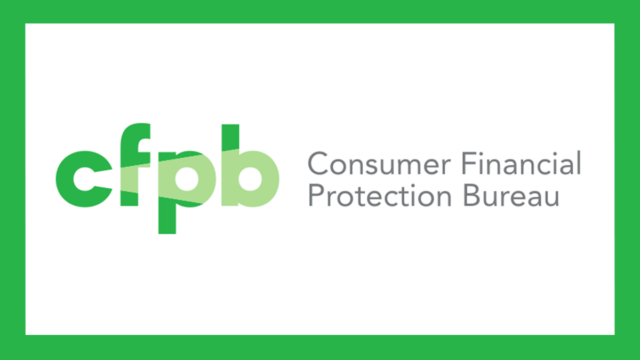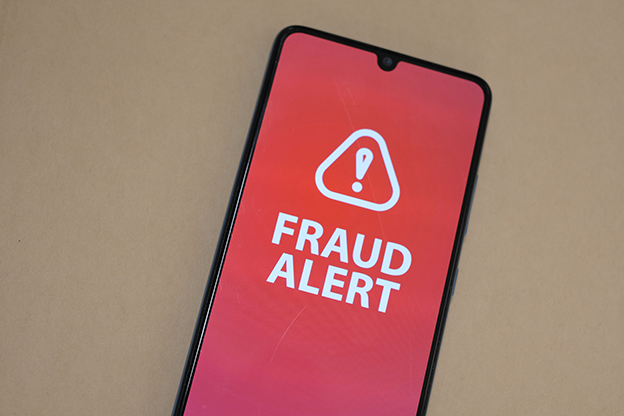
Beware: a New Government Imposter Scam
It is a cruel farce. Scammers use the names of federal agencies charged with protecting citizens’ financial security to rip them off.
The Consumer Financial Protection Bureau (CFPB) has confirmed the existence of a new scam in which someone purporting to be from the agency contacts individuals and tells them they are eligible for a payout in a class-action lawsuit. On one condition: to collect the money, the scammer says the taxes owed must be paid upfront.
This is known as an imposter scam. Imposter scams involving other federal agencies – the IRS or the Social Security Administration – are common.
The CFPB imposter scam sounds vaguely credible since the story the victim is told is similar to the agency’s actual mission. The mission of the CFPB, established after the collapse of the subprime mortgage market, is to uncover chicanery by financial companies and get restitution to compensate victims for their losses.
The agency said the recently disclosed scam often targets older people, who are more vulnerable to falling victim if they are experiencing cognitive decline. “We can’t say it enough. The CFPB will NEVER call you to confirm that you have won a lottery, sweepstakes, class-action lawsuit, or about any other fees or taxes,” CFPB said.
A different imposter scam involving the agency occurred a few years ago. Someone used the name of a former top CFPB official to convince older victims they’d won a lottery or sweepstakes they had never entered.
“An imposter scam happens,” the official said, “when a criminal tricks you by claiming to be someone you trust.”
Imposters, by posing as trusted individuals, are able to play on victim’s emotions and increase their anxiety in order to persuade them to participate in what can seem like an outlandish scheme. One study found that scammers choose language that heightens victims’ anxiety and makes them more compliant.
If you believe you’ve been targeted, report the fraud or attempted fraud to the FTC or your local authorities.
Squared Away writer Kim Blanton invites you to follow us on Twitter @SquaredAwayBC. To stay current on our blog, please join our free email list. You’ll receive just one email each week – with links to the two new posts for that week – when you sign up here. This blog is supported by the Center for Retirement Research at Boston College.






